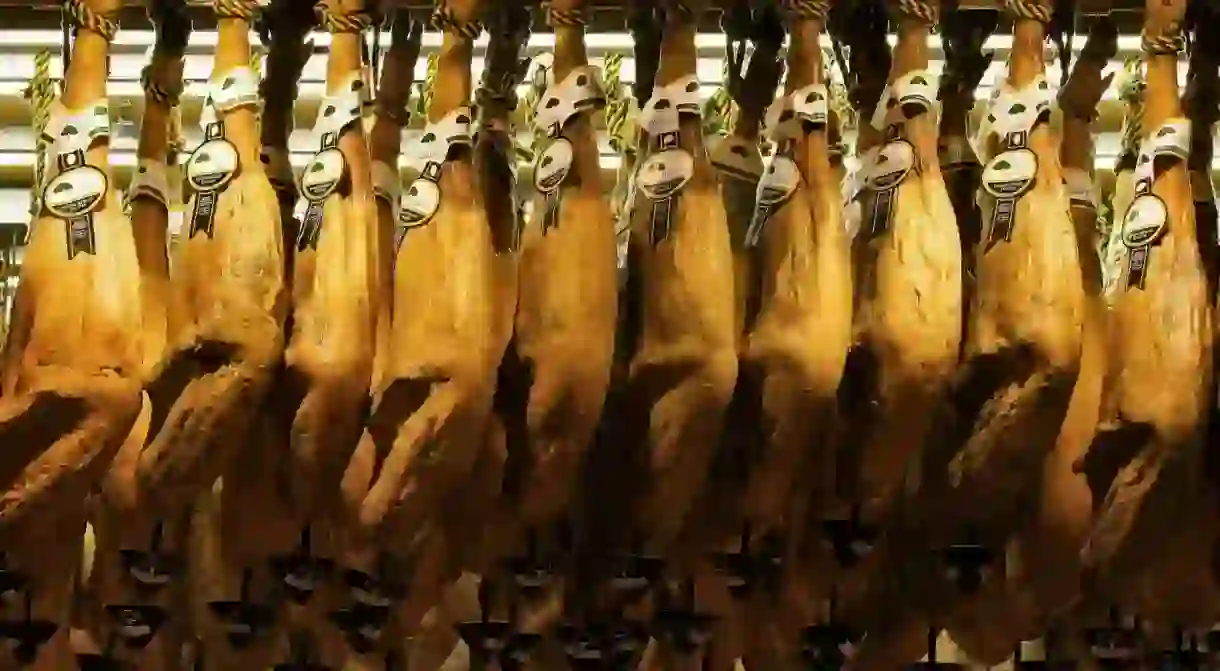The One Reason Why Spain is Running Out of Its Beloved Jamón

Forget paella and sangria: if Spaniards have one food that is loved above all others, it has to be jamón ibérico, or Iberian ham. But now the beloved food is facing shortages, thanks to other countries getting a taste for this typical Spanish snack.
Spain is facing the unthinkable – the threat of a ham shortage – because of increased demand from Chinese consumers, who are getting quite a taste for one of Spain’s most traditional and well-loved foodstuffs.

Well-off Chinese are increasingly demanding the very best pork products, and jamón ibérico de bellota, Spain’s most famous and exclusive ham, made from pigs that are fed only on acorns, is one of the world’s finest. But the lengthy curing process – jamón ibérico de bellota takes 36 months to cure – means that supply could very soon be struggling to keep up with demand, according to a report in Spanish newspaper El País this week.
‘We can’t produce as many hams as we’d like, because we need two hectares for each animal,’ René Lemeé, director of exports at Cinco Jotas, a Spanish ham producer, told the newspaper. ‘That causes a tension in the market that will result in a continuous increase in prices,’ he added.
Right now, Spanish shoppers are looking at a 1o% rise in the price of their jamón, and with a full leg already fetching between €300 and €500,1o% can make a significant difference.
Jamón ibérico is one of Spain’s most iconic food products, a staple on tapas menus and a popular gift in its full leg form, be it for Christmas or as a treat from your boss to congratulate you on that new promotion. But what is at the moment a relatively accessible luxury could become unaffordable for many local consumers if jamón continues to become more popular around the world.













